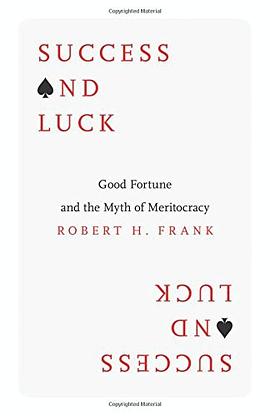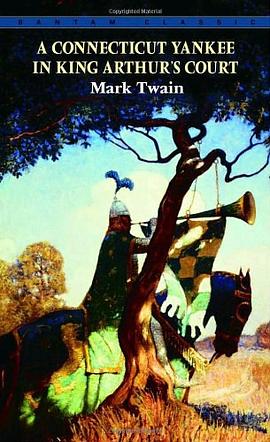Success and Luck
内容简介
How important is luck in economic success? No question more reliably divides conservatives from liberals. As conservatives correctly observe, people who amass great fortunes are almost always talented and hardworking. But liberals are also correct to note that countless others have those same qualities yet never earn much. In recent years, social scientists have discovered that chance plays a much larger role in important life outcomes than most people imagine. In Success and Luck, bestselling author and New York Times economics columnist Robert Frank explores the surprising implications of those findings to show why the rich underestimate the importance of luck in success—and why that hurts everyone, even the wealthy.
Frank describes how, in a world increasingly dominated by winner-take-all markets, chance opportunities and trivial initial advantages often translate into much larger ones—and enormous income differences—over time; how false beliefs about luck persist, despite compelling evidence against them; and how myths about personal success and luck shape individual and political choices in harmful ways.
But, Frank argues, we could decrease the inequality driven by sheer luck by adopting simple, unintrusive policies that would free up trillions of dollars each year—more than enough to fix our crumbling infrastructure, expand healthcare coverage, fight global warming, and reduce poverty, all without requiring painful sacrifices from anyone. If this sounds implausible, you'll be surprised to discover that the solution requires only a few, noncontroversial steps.
Compellingly readable, Success and Luck shows how a more accurate understanding of the role of chance in life could lead to better, richer, and fairer economies and societies.
......(更多)
作者简介
Robert H. Frank is the H. J. Louis Professor of Management and Professor of Economics at Cornell University's Johnson School of Management. He has been an Economic View columnist for the New York Times for more than a decade and his books include The Winner-Take-All Society (with Philip J. Cook), The Economic Naturalist, The Darwin Economy (Princeton), and Principles of Economics (with Ben S. Bernanke). He lives in Ithaca, New York.
......(更多)
目录
Preface xi
Acknowledgments xix
1 Write What You Know 1
2 Why Seemingly Trivial Random Events Matter 21
3 How Winner-Take-All Markets Magnify Luck’s Role 40
4 Why the Biggest Winners Are Almost Always Lucky 56
5 Why False Beliefs about Luck and Talent Persist 69
6 The Burden of False Beliefs 86
7 We’re in Luck: A Golden Opportunity 109
8 Being Grateful 128
Appendix 1: Detailed Simulation Results for Chapter 4 151
Appendix 2: Frequently Asked Questions about the Progressive Consumption Tax 158
Notes 173
Index 183
......(更多)
读书文摘
如果你过分看重运气的重要性,就会轻易找到借来偷懒,寄希望于命运之神的垂青。所以,相信天赋和努力决定一切,使人更加容易直面艰难挑战,这种前提下,否认运气的重要性就是明智的选择。
......(更多)






